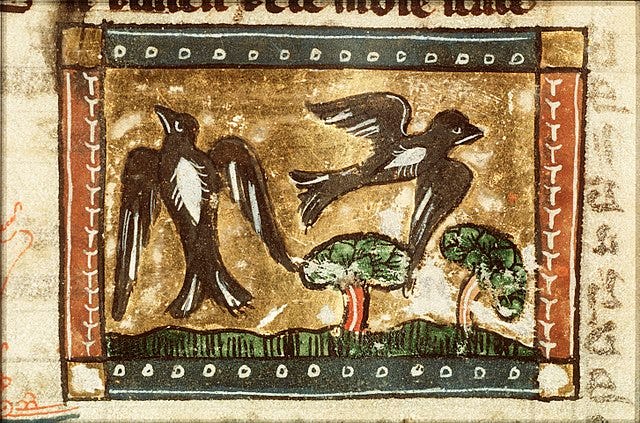The Boring, The Bad, and the Beautiful
Slow down, you move too fast
The pleasures of summer in New England — swallows flitting and flashing across the valley, strawberries plump and sweet in the vegetable garden, blue sky and wind drying the laundry on the line.
And yet, sojourner on the way, these eyes are constantly scanning the horizon for passage elsewhere. I have a hard time with the present, with beauty that distra…
Keep reading with a 7-day free trial
Subscribe to The Truth Now to keep reading this post and get 7 days of free access to the full post archives.

